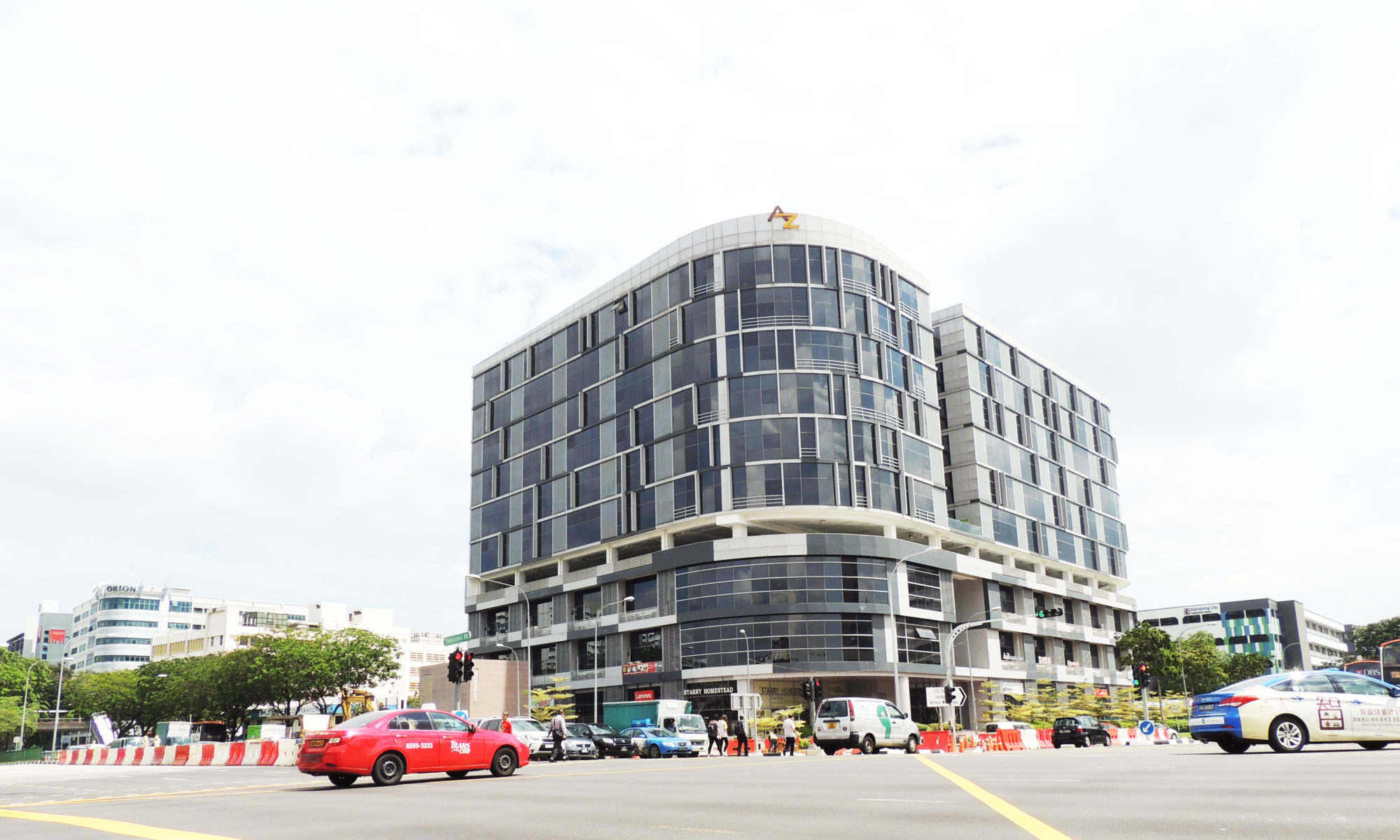Under FRS 11 Construction Contracts , both contract revenue and contract costs that are accounted for using the POC method are recognised with reference to the stage of completion.
Under FRS 115 Revenue from Contracts with Customers, revenue is recognised using a measure depicting performance using an input or an output measure. A contractor applying the input measure excludes the effect of inputs that do not depict its performance in transferring control of goods or services to customer (e.g. unexpected amounts of wasted materials, labour and any uninstalled materials).
Costs on the other hand, are expensed as incurred unless they qualify to be capitalised as an asset under another standard (e.g. inventory, property, plant and equipment) or they relate to incremental cost to obtain the contract or future performance. Continue reading “FRS 115 – Specific Area: Differences between “Output method” per FRS 115 vs “surveys of work performed”/ “Surveyor method” per FRS 11”
